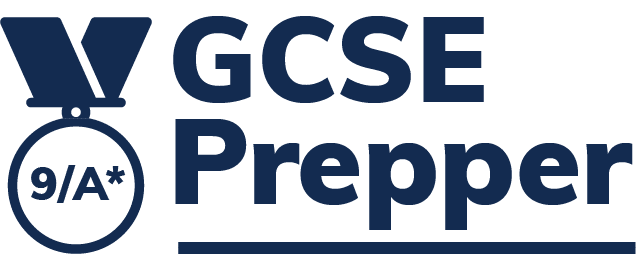Scientifically proven revision strategies
Cognitive psychologists have completed tens of thousands of peer-reviewed studies investigating the effectiveness of different learning strategies over the last fifty years. Their research has been synthesised in meta-studies, and a consensus has emerged that spaced sessions of retrieval practise is the most time-efficient strategy for developing durable learning; particularly when students receive corrective feedback on their performance and what they can do to improve it. The benefit is enhanced yet further if students interleave between topics rather than focusing on one at a time.
GCSE Prepper has been designed to deliver this learning strategy. Please read below if you’d like to discover more about the important pieces of research that have shaped our current understanding of the most effective ways to learn.

A brief history of the research into the most effective revision strategies
Cognitive psychologists have completed hundreds of thousands of studies into the relative effectiveness of different learning strategies, and their results have been synthesised in meta-studies. The examples listed are a few key examples of the definitive meta-studies that have defined the evolution of our understanding.
In 1994, Robert Bjork released his ground-breaking study that showed that long-term retention of learned material was enhanced if students overcame ‘desirable difficulties’ that appeared to slow down learning initially. He showed that distributed (spaced) practice is better than massed practice (cramming), interleaving (jumping between topics) is better than blocking and answering questions is better than restudying.
In 2013, Professor John Dunlovsky of Kent State University published the results of his team’s meta-analysis that synthesised the results of over 1,200 scientific studies into the ten most popular revision strategies. The results were conclusive; with two strategies proving to be consistently much more effective than the others. They were:
- Self-testing (retrieval practice)
- Distribute practice (spaced learning sessions)
In the intervening period, research has increasingly focused on a new strategy called successive relearning that combines spaced retrieval practice with mastery (where students repeat questions they answer incorrectly until their final attempt within the session is successful).
Studies have consistently shown that this strategy significantly outperforms all other learning strategies, with students scoring more than a grade higher in their exams. Interestingly, the benefit also increases over the longer term, as students were shown to have retained a lot more of the information when tested again at a later date. Key studies were conducted by Dunlovsky and Rawson in the US and Higham et al. in the UK.
Finally, in 2020, Yang et al. completed a comprehensive meta-analysis into the factors that determine the effectiveness of self-testing and found that the impact is enhanced if students receive corrective feedback and practise with a consistent test format (answering the types of questions they will face in their final exams). You can find out more about the information provided here, by clicking on any of the links listed below.
References
- Bjork: using ‘desirable difficulties’ to enhance learning – video.
- High level overview of findings of Dunlovsky’s meta-analysis of revision strategies.
- Full study: Improving students’ learning with effective learning techniques: promising directions from cognitive and educational psychology; 2013; Dunlovsky et al.
- Katherine Rawson – why, and how, teachers should use successive relearning in schools – video.
- Recent Dunlovsky study on successive relearning: successive relearning improves performance on a high-stakes exam in a difficult biopsychology course, 2020; Lanes, Dunlovsky, Rawson, Jasnow.
- Recent Higham et al. study on successive relearning: The benefits of successive relearning on multiple outcomes; 2021; Higham et al.
- Yang et al.: meta-analysis showing the importance of corrective feedback and a consistent test format: Testing (Quizzing) Boosts Classroom Learning: A Systematic and Meta-Analytic Review; 2020.
‘Statistically strong correlation between time spent on GCSE Prepper and GCSEs results.’
Jan 2023: Preliminary Impact Study Results are in from our Academic partners.
